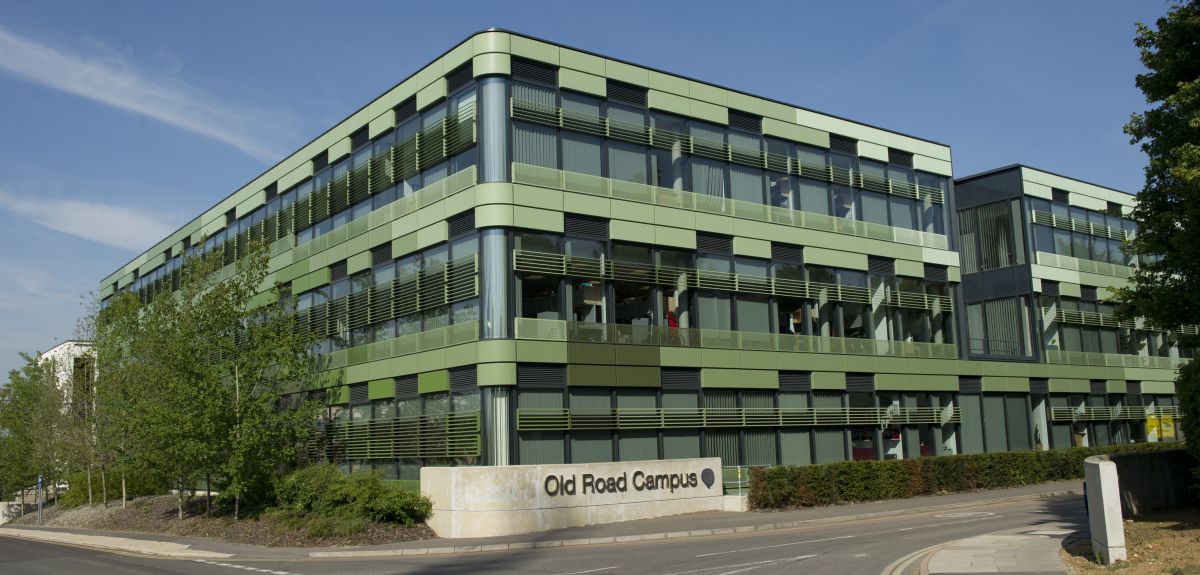
Image credit: Oxford University
Showcase of Oxford’s leading role in AI healthcare revolution
Oxford’s cutting-edge work in AI techniques that promise to transform healthcare has been showcased on BBC Radio 4’s Today programme.
Speaking to the programme ahead of a speech by health secretary Matt Hancock on innovation in the NHS, Oxford’s Professor Sir John Bell said new technologies and the use of data were ‘a real imperative’ for the health service and would help ‘relieve pressure on clinicians, make hospitals safer, and manage care pathways more effectively’.
Featured during the segment was the Oxford-developed GDm-health software application, which allows pregnant women suffering from gestational diabetes to monitor their blood sugar levels and share that information in real-time with a team at the John Radcliffe Hospital in Oxford.
Consultant obstetric physician Dr Lucy Mackillop, of the John Radcliffe Hospital and Oxford’s Nuffield Department of Women’s and Reproductive Health, said the application allowed doctors to provide more personalised and responsive care.
Professor Lionel Tarassenko, Head of the Department of Engineering Science at Oxford, who helped develop the application, added: ‘We talk about extracting a signal from the noise. There are huge amounts of data created about patients – megabytes if not gigabytes – every day, and then they come into hospital and you get more data, such as prescriptions and vital signs including blood pressure, pulse rate and oxygen levels. You need the clever algorithms developed in the last ten years or so to make sense of this.’
According to former science minister Lord Drayson, chief executive of the Oxford biotech spinout company Sensyne Health, reaping the rewards of the AI revolution in healthcare relies on the NHS having good IT systems, and for the huge amounts of data involved to be properly taken care of.
Speaking afterwards in a live interview, Professor Bell, Regius Professor of Medicine at Oxford, explored topics including the issue of personal patient data being used by private technology companies. He said: ‘This is a really central issue, and the Department of Health and NHS England have worked hard to ensure privacy is sustained.
‘We all have to play together if we’re going to see the benefits of some of these new technologies applied to populations, and that’s where the data really works: you are part of a system which allows us to make real insights into what’s causing your disease, what will be the best treatment for you, what’s the safest way to manage you. That comes from us all sharing our data with each other so we know what the right route forward is.’
 Expert Comment: Chatbot-driven sexual abuse? The Grok case is just the tip of the iceberg
Expert Comment: Chatbot-driven sexual abuse? The Grok case is just the tip of the iceberg
 New study finds that stopping weight-loss drugs is linked to faster regain than ending diet programmes
New study finds that stopping weight-loss drugs is linked to faster regain than ending diet programmes